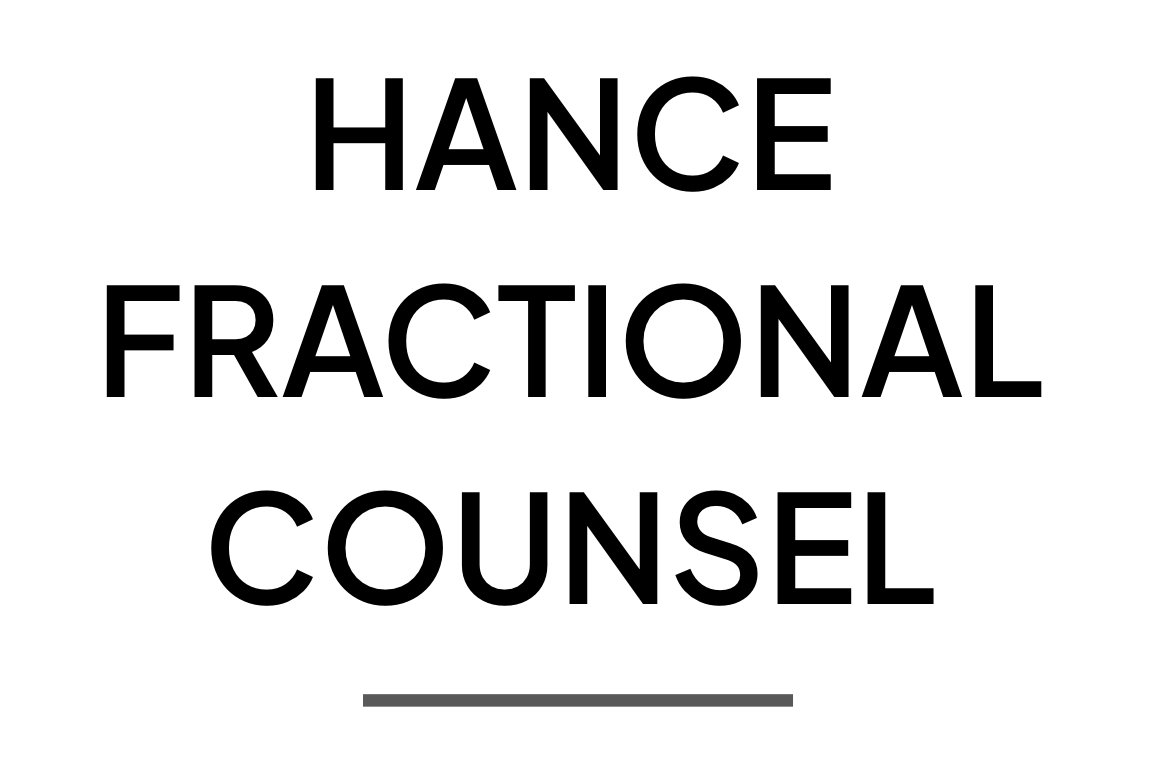The world was already a year into a global pandemic when Hemanth Golla decided to start a VC firm. Tech stocks were leading the American economic recovery from the pandemic-induced recession, and the public markets were booming. But the biggest gains were happening in the private markets, where valuations were exploding at some of the world’s most talked-about startups.
Hemanth had been personally investing in late-stage companies for several years, leveraging connections and insights he’d acquired during the 20 years he spent working in IT for Wall Street firms. He and several of his friends were accredited investors with enough technological knowledge to spot opportunities in the private markets—even at the latest stages, when valuations are already high. But they also understood that as individual investors, they were still paying full retail price on their investments.
“We knew there had to be a better way,” Hemanth said. After canvassing his network of friends and colleagues in Dallas, Hemanth formed High Circle Ventures in March 2021 to pool their resources, buy in bulk, and get better prices. To do so, the firm began forming special-purpose vehicles (SPVs), which are business entities that are often used to make direct investments in private companies.
SPVS: helping supply meet demand
As private companies stay private longer, accredited investors like Hemanth and his partners have sought to gain direct access to investments in the venture-backed companies that are creating the products and services of the future. However, venture funds from well-known firms are often oversubscribed: Even institutional investors have to compete to invest with high-profile firms. Since these are often the same firms that invest in later-stage growth companies, individual investors have had a hard time gaining access to large, private, and pre-IPO companies like the ones that excited Hemanth and his partners.
As a result, accredited investors and smaller institutional investors have increasingly turned to SPVs to gain exposure in specific companies that match their investment portfolios. SPVs allow investors to make targeted investments, usually in a single company. Unlike a traditional venture fund, an SPV has no investment strategy beyond gaining exposure to that target company. Carta data shows that SPV formation has risen sharply across 2021.
As part of its SPV investment strategy, High Circle Ventures targets companies whose investors have been waiting a long time for liquidity. Employees of such companies, Hemanth explained, are often eager for opportunities to liquidate their shares. Likewise, early-stage investors might wish to cash out some of their holdings to invest elsewhere. This is often true, Hemanth pointed out, in the case of hedge funds: “If a hedge fund invested in Klarna five years ago and wants to get out,” he explained, “HCV can take some of their investment off their hands.” In this way, HCV can supply a critical mechanism for private market liquidity at the same time it satisfies its investors’ desire to invest in highly valued, late-stage private companies.
HCV’s efforts to match private market supply to its investors’ demand has led the firm to invest in companies like Klarna, SpaceX, EPIC Games, and Automation Anywhere. The firm considers various parameters when evaluating options for SPV investment, including revenue, business models, leadership, and company vision.
Hemanth Gollar, FounderHigh Circle Ventures could not have grown exponentially in just six or seven months if it hadn’t been for the Carta platform.
High Circle Ventures
Platform-driven Growth
By September 2021, Hemanth and his colleagues had formed six SPVs to invest directly in what the firm calls “high profile unicorns and niche industry-shakers.” By January 2022, that number had more than doubled, to 14, and the firm’s assets under management had climbed to $50 million. HCV also expanded from its original core of about a dozen friends and family to a broader network of 700+ accredited investors, and is working to expand access to include Canadian investors. HCV has seen so much inbound interest that the firm has had to limit participation to an invitation-only basis. This tremendous growth was driven entirely by SPVs.
The ease of creating SPVs on the Carta platform, Hemanth explained, is what allowed HCV to scale quickly: “High Circle Ventures could not have grown exponentially in just six or seven months if it hadn’t been for the Carta platform,” he said. He estimates that it only takes investors around 10 minutes to set up a profile on Carta and invest in an SPV, and only five minutes for returning investors to invest in their second SPV.
Carta’s simple and low-touch interface is what attracted Hemanth and his team to the platform. After years working in IT, Hemanth knew that an easy-to-use platform would be key for managing his SPV investors, many of whom were newcomers to venture capital. Carta appealed to him, he explained, because “the platform is very intuitive and user friendly.”
Hemanth and his team plan to launch another 20 SPVs by the end of 2022. After that, HCV hopes to expand beyond SPVs. Hemanth also intends to list on CartaX, to gain access to additional liquidity options for HCV’s SPVs, and investment opportunities for the firm’s clients. As he put it, “Either you innovate or you’re extinct.” This drive to innovate is, after all, the reason High Circle Ventures exists: Hemanth and his team have proved that with the right tools, venture capital isn’t just an insider’s game.








